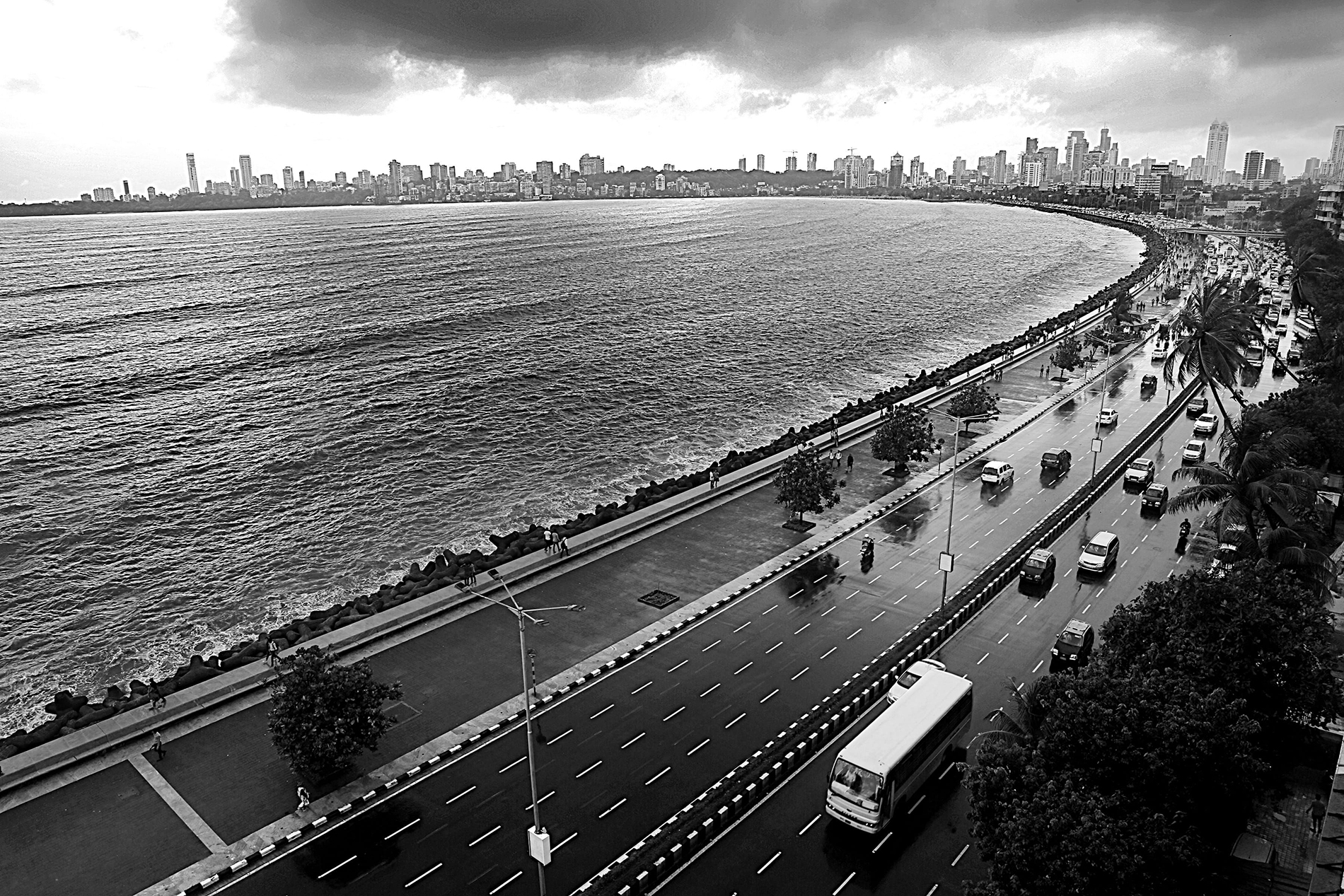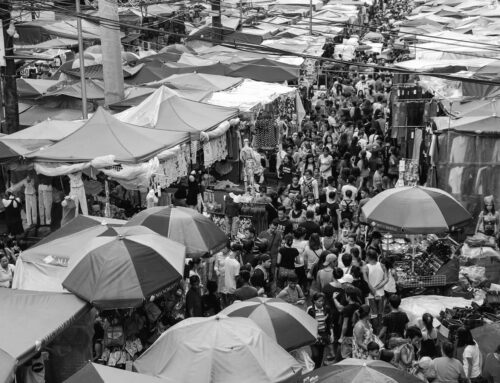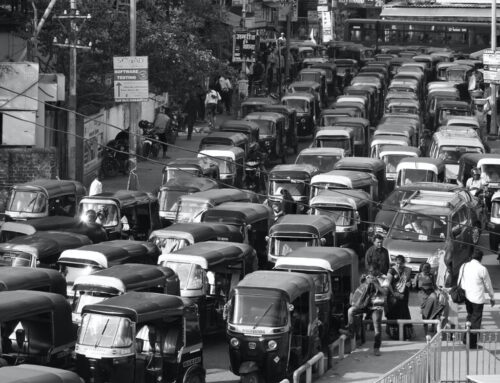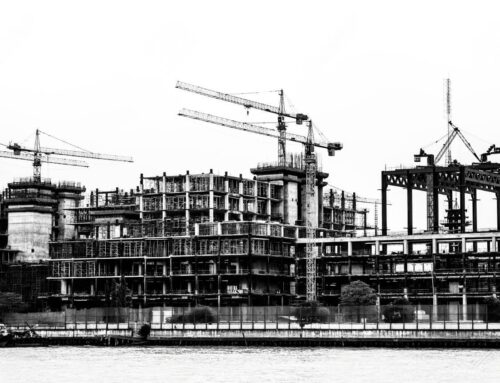

Mumbai is upgrading – a tagline we see everywhere, shrouded in dust and pollution that countless number of infrastructure projects are throwing up. The city of dreams has become a city of transformation that will hopefully propel us into a new future, but will that be a future that is better for all or are we upgrading only for a select few?
Often lauded for its resilience in the face of adversary, be it terrorist attacks or extreme weather events, Mumbai has held strong. But we slowly seem to be crumbling under the weight of expectation that this city, one of the richest in the world, can handle anything. Perhaps it is time we collectively demand and work towards a city that is not simply resilient and apathetic, but truly the maximum city it can be – one of innovation and ideas, attracting the best of talent, drive, bold vision, and collective action.
Positive developments in the city are plentiful, heralding a New Mumbai for all that is trying to meet growth, mobility and lifestyle needs of its population. Government announcements for housing for all aim to ensure no one is left behind; coupled with an upswing in sales and buying in the luxury real estate market is indicating that the city is positioning itself as the hub for an affluent population bringing with them more economic growth. A slew of mobility solutions in Mumbai from several metro lines to the recently opened Atal Setu is connecting the city and bringing it closer than ever before, blurring ghettos and spreading opportunities. But the constant haze that is trapped by a changing climate and weather patterns we are not prepared for not only affects the beauty of the skyline that vies to be world class, but portends an ugly future of health and livelihood fears and possibly reverse migration of those who can afford it.
There is no doubt that the development we are witnessing today was needed a decade ago and will be necessary in the future, but we must as citizens demand that the development is not in lieu of but along with other aspects of a wholesome life, clean resources, open spaces, recreational options, safety etc. The long-term effects on all who rely on the uniqueness of this city for their livelihood, culture, and sense of belonging to the city, need to be reflected upon in a bid to make Mumbai a city liveable for all.
What is liveable cannot rest on the government alone or one set of voices but needs to be a whole of society approach. We need more citizen action, dialogues and platforms that bring together everyone from industry stalwarts to Bollywood, media and music, from the fisherfolk communities that have called this city home for centuries, to activists, policy makers, and the civil society. Conversations cannot be isolated, a New Mumbai requires collective responsibility and accountability to truly make this city a great megacity to live in. If not, we run the risk of becoming a ‘developed’ city with no heart.

Ambika Vishwanath
Co-Founder and Director, Kubernein Initiative




